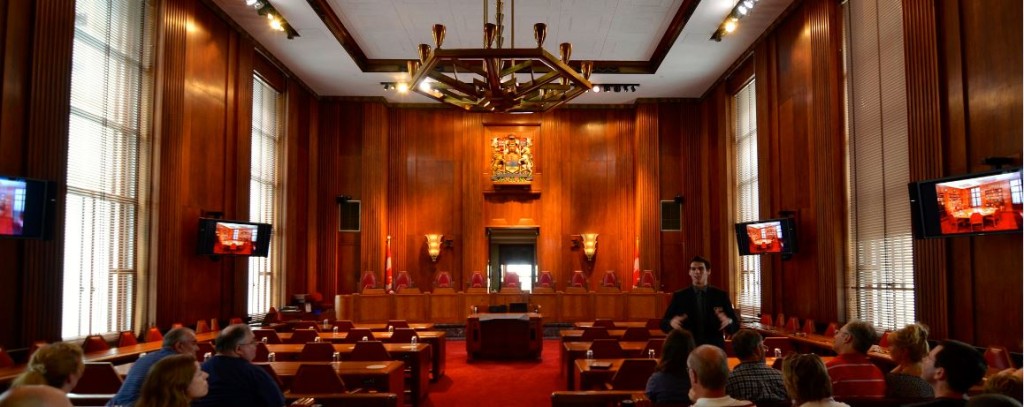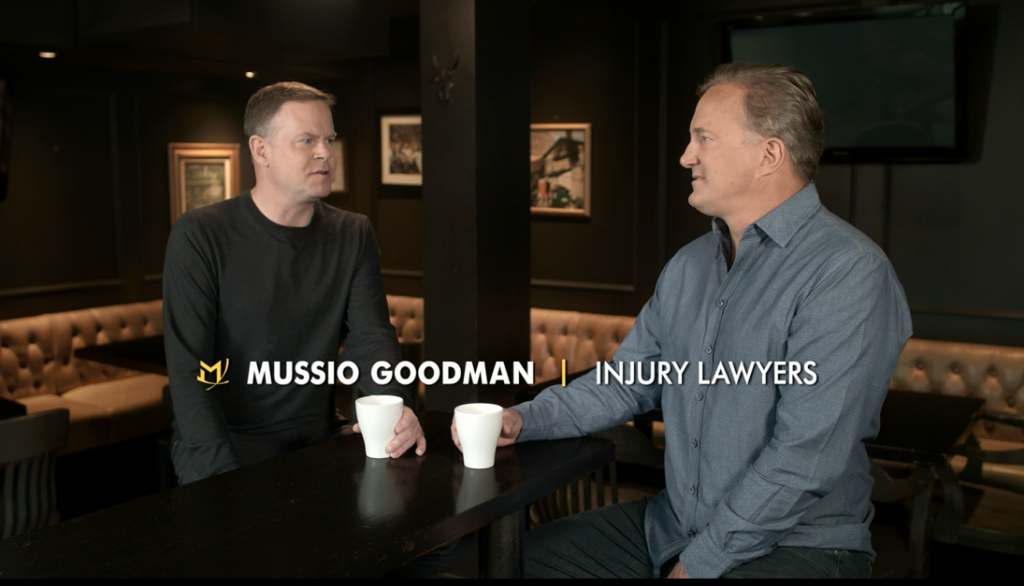The NDP Government is Attempting to Help ICBC by Limiting Expert Reports and the Amount Paid by ICBC for Disbursements
Posted on by Mussio Goodman
On February 11, 2019, the NDP, through the Attorney General (David Eby), unilaterally changed the Rules of Court without the usual consultation with the Rules of Court Committee, a committee which is made up of lawyers and judges jointly appointed by the Chief Justice and David Eby. They did not consult the TLABC (Trial Lawyers Association of BC) either. He no doubt listened to ICBC on how to give them an unfair advantage.
The new Rule limited the use of quantum expert reports to one only if the case in under Fast Track Litigation, a program put in place to streamline trials that can be heard in 3 days and/or are under $100,000 in value. All non-Fast Track actions have a limit of 3 quantum expert reports.
The constitutionality of the Rule change went before the Supreme of British Columbia and the NDP’s Rule change was found to be inappropriate and struck down, rightfully so. Do you think that David Eby and the NDP accepted fate and realized that this was a poor decision? Absolutely not because they are now attempting to put in legislation, just before the election was called, to do exactly what the court already said was not proper. This time, rather than using the Rules of Court, they are attempting to put forward the changes through the Evidence Act but they gave a little bit more discretion for the Court to grant orders allowing more than the one or three expert reports in special cases. Thankfully, there is hope that the new legislation will not become law if the NDP lose the election as the BC Liberals will definitely not put in this draconian legislation as it is simply unfair to the injured victim and is completely in favour of ICBC.
The interesting point is that when the NDP originally made the Rule amendments, they were effective immediately on experts reports that had not already been formally served on ICBC. In the result, this was a major “blindside” to lawyers and their clients especially since tens of thousands of reports on existing files still had not been served on ICBC because many lawyers tend to serve the reports closer to the 84-day service deadline before trial for tactical reasons.
Not to be outdone, the NDP, when the proposed change to the Evidence Act in February 2020, did the same “blindside” rather than speaking to all affected parties and coming up with a reasonable solution to the high cost of expert reports.
Backing up, the NDP’s rational for the Rule change is there would be a $400 million yearly cost saving to ICBC with the dramatic curtailment of expert reports. The cost savings, as the NDP government sees is it, not results from less expert reports per case but also, with the limited number of expert reports, most injured claimants won’t be able to fully prove their case meaning ICBC has to pay less per claim. Indeed, ICBC routinely tells injured victims that they cannot pay for certain parts the claim because there’s no expert opinion evidence on the point. You can be rest assured ICBC will use that limit on expert reports to their significant advantage in defending claims.
That wasn’t enough to give ICBC unfair advantage. The NDP went one step further and is proposing to limit the amount of disbursements that ICBC has to pay back to the injured victim to 5% of the settlement value of the claim.
Currently the law is that, generally speaking, ICBC has to pay any reasonable disbursements to the injured victim upon settlement or judgement. This change will dramatically reduce the amount ICBC has to pay back on disbursements of the injured claimant. It will also reduce the size of the overall claim because again, if the injured victim has to pay for expert reports, they would be less inclined to spend the necessary money to fully prove the claim.
There’s no question, therefore, the NDP government is more the prepared to put one-sided legislation into effect that will severely restrict an injured victim’s ability to get fair compensation while completely empowering ICBC.
Fortunately, if the NDP government lose power in the election, the legislation will not go through and fairness will return in the ICBC claim process.
Simply put, the NDP is going to great lengths to completely empower ICBC as an even more powerful corporation with all the Rules in their favour. The NDP does not care one bit about the injured victim and has no problem eliminating rights.




